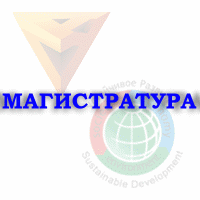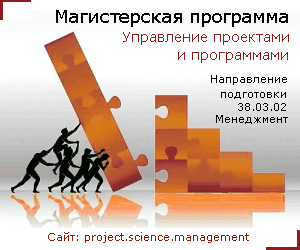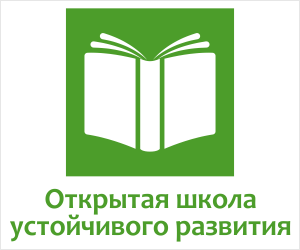Golovin Andrey Arkadievich, director of the Center for Designing Sustainable Development of Civil Society Institutions, State University of Management, Senior Researcher, Candidate of Economic Sciences
Abstract
The article presents the author’s view on the noospheric approach to the design of regional sustainable development. In the context of international restructuring of political, economic, social, and environmental processes, the population’s demand for the development of a balanced, harmonious, long-term model of regional development is being formed. The scientific-theoretical and socio-practical foundation of the Russian (Eurasian) scientific school sees a way out of the global environmental crisis through the development of a noosphere-oriented type of society according to the model. The paper provides a systematic historical analysis of noospheric research from the perspective of the International Scientific School of Sustainable Development named after Pobisk G. Kuznetsov. The characteristics of three approaches to life management (Western, Eastern, Eurasian or Russian scientific schools) are given. A system-energy (power-based or physico-economic) approach to assessing the power of states is described. An example of determining the contribution of labor activity to social development from the perspective of a power-based approach is considered. The influence of cognitive hybrid warfare methods on management decision-making is discussed. Using the example of the Altai Republic, a methodological approach to the design of the concept of sustainable noospheric development is described. The concept contains basic principles and priorities, values, strategic directions, as well as a specially developed national index of sustainable noospheric development to assess the level of development of regions. The concept is a document of scientific and methodological support for strategic planning of the region. The article presents an approach to the analysis of sustainable development of socio-economic systems using the parameters of social time and power. The criteria for social time and energy efficiency were formalized, which allowed us to create a matrix of scenarios for the development of socio-economic systems with 9 options for changing the situation. Development modeling was carried out on the example of the socio-economic system of Russia from 2000 to 2017. The study of methods for managing the budget of social time and its impact on the development of socio-economic systems is a promising area of scientific and applied research, and also provides the opportunity to develop a model for managing the sustainable development of socio-economic systems.
KEYWORDS: noospheric development, sustainable development, russian scientific school, western scientific school, Pobisk Kuznetsov, power, future, regional policy, development modeling, management.
Download article THE NOOSPHERIC APPROACH TO REGIONAL SUSTAINABLE DEVELOPMENT IN THE CONTEXT OF THE TRANSFORMATION OF THE WORLD ORDER

 ПОСЛЕДНИЕ ЭКЗЕМПЛЯРЫ ТИРАЖА
ПОСЛЕДНИЕ ЭКЗЕМПЛЯРЫ ТИРАЖА





